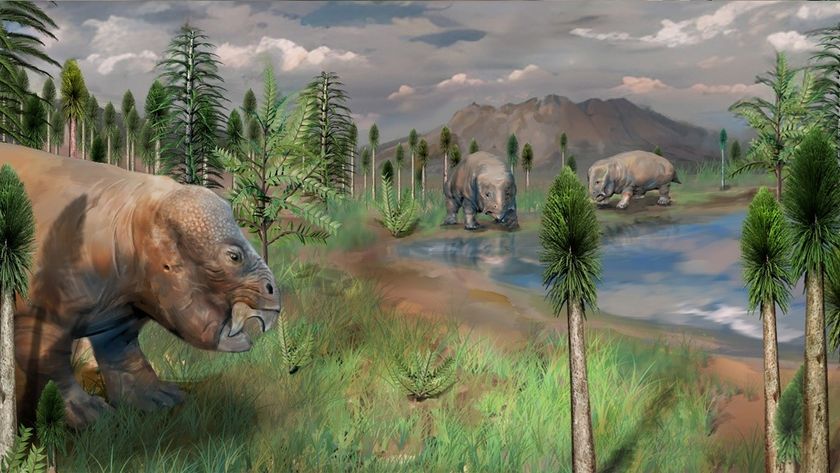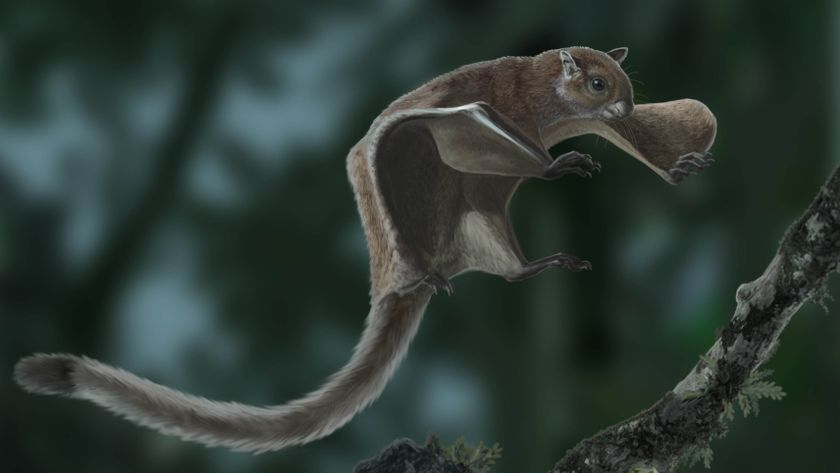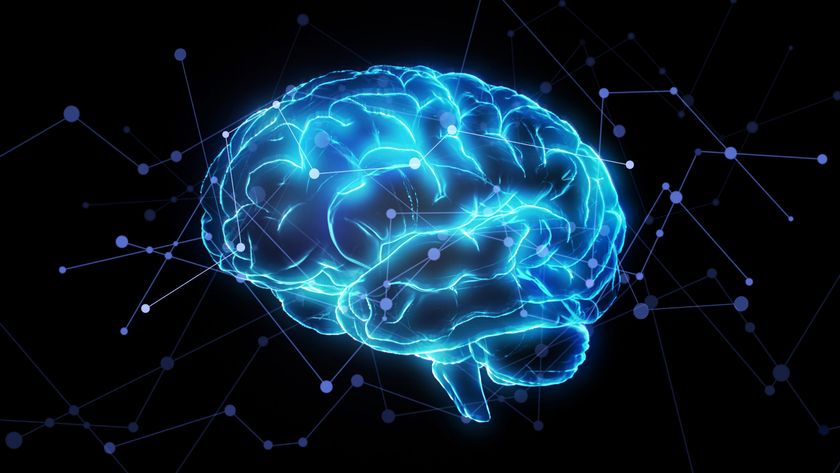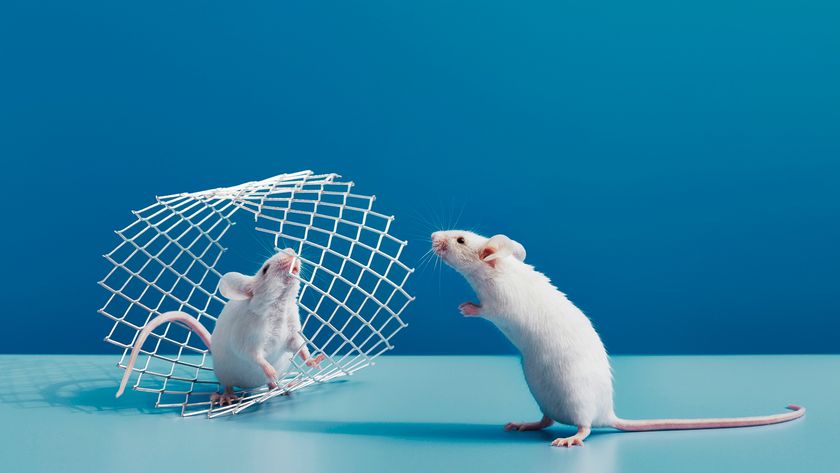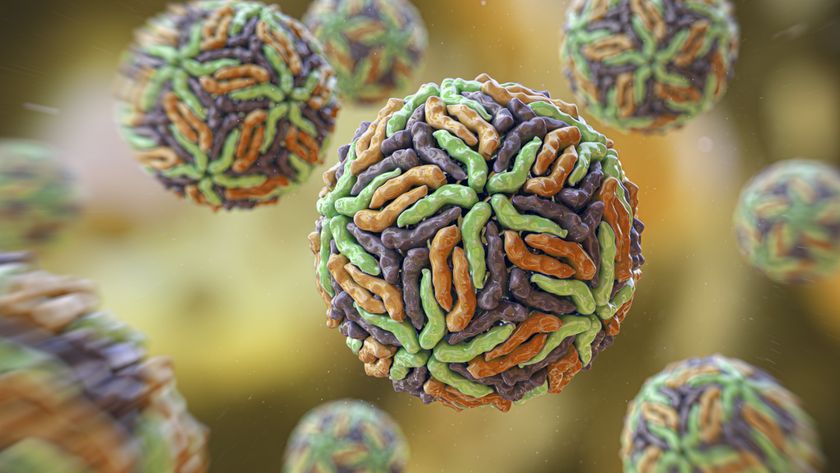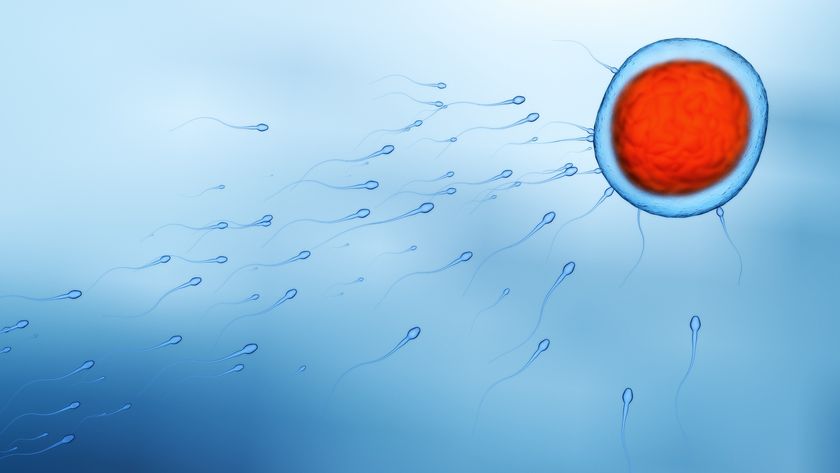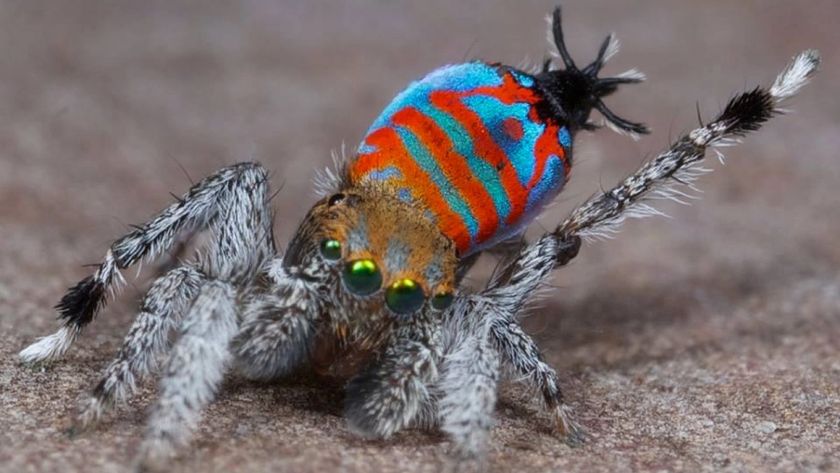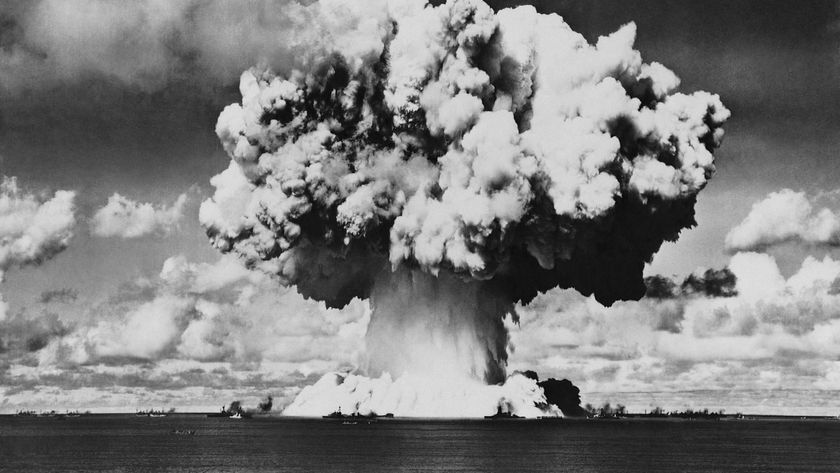Extinct Sea Creatures Got the Bends, Fossils Suggest
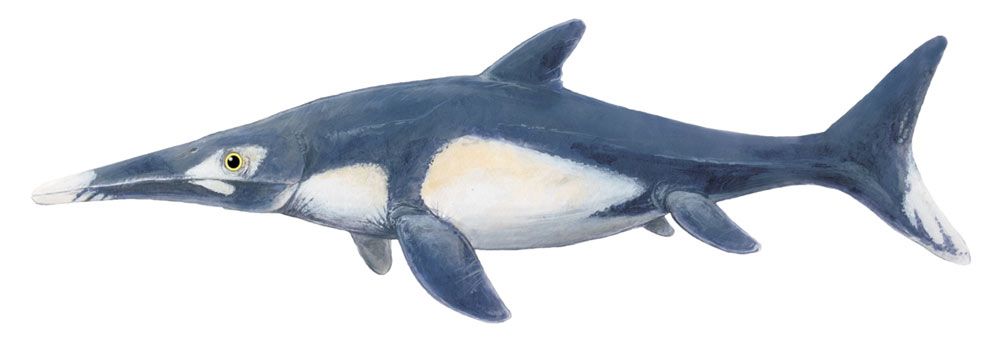
Marine reptiles that cruised the planet's oceans millions of years ago may have suffered from their own version of the bends, studies of their fossils suggest. But scientists are in disagreement over why this happened.
Human divers today get the bends, or decompression sickness, when they surface too quickly from the high-pressure environment of deep water. Nitrogen bubbles form in the body and can cause immediate symptoms like joint pain and headaches. But the bends can also leave permanent scars, in the form of bone lesions from a disease called dysbaric osteonecrosis, or DON.
The same type of lesions can be found in the fossilized remains of some ancient animals, including ichthyosaurs, giant dolphin-shaped reptiles that lived between 245 million and 90 million years ago, researchers led by Bruce M. Rothschild, of the University of Kansas, documented in a paper earlier this year in the journal Naturwissenschaften.
But in the fossil record, these scars are absent from early ichthyosaurs of the Triassic period. The bone deformities only show up later, in the Late Jurassic through Cretaceous periods, after new, fast predators entered the scene. Fleeing from these predators — in particular, sharks — might have forced ichthyosaurs to make emergency trips to the surface, causing the bends, the researchers said. [Into the Blue: The Ocean's Deepest Divers (Infographic)]
They roamed Earth millions of years ago, have spurred blockbuster movies and fascinated the studied paleontologist and the curious toddler. Yes, dinosaurs.
Dinosaur Detective: Find Out What You Really Know
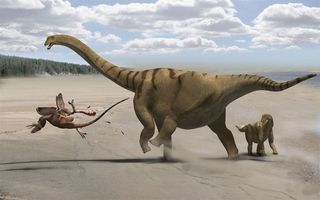
Or, he said, after the reptiles evolved the ability to dive deeper and for longer stints of time, air inhaled at the ocean's surface would be pressurized due to compression of the rib cage at depth causing excess nitrogen to be dissolved in the body. Then, when resting at the surface, that excess nitrogen would come out of solution and possibly form intravenous bubbles, Hayman explained.
Sign up for the Live Science daily newsletter now
Get the world’s most fascinating discoveries delivered straight to your inbox.
Hayman and Rothschild seem to at least agree that the bends were bad for the ichthyosaurs and might have contributed to their demise.
While whales and dolphins developed systems that permitted them to excrete excess nitrogen and avoid decompression sickness, ichthyosaurs seem to have become extinct before doing the same. The bends probably caused painful symptoms for the reptiles, the researchers say, and impaired their ability to find food and flee predators.
Follow LiveScience on Twitter @livescience. We're also on Facebook & Google+.

